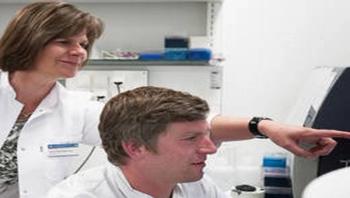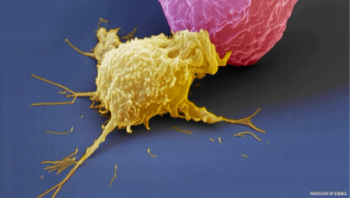
News













Chronic hepatitis C virus infections are among the most common reasons for liver transplants. Because existing viruses also infect the new liver, the immune system is highly active there. Despite this, the new organ is not rejected, as scientists from the Helmholtz Zentrum München and the Technische Universität München (TUM) have now discovered. The long-term stimulation of the innate immune system by the virus actually increases the probability of tolerance.






Clostridium difficile infection (C. difficile) is the most significant cause of hospital-acquired diarrhea. Data from the Center for Disease Control and prevention (CDC) reports, 14,000 Americans die every year from diarrhea causing C. difficile (2012). The organism is responsible for greater than 337,000 hospitalizations yearly and at least $1 billion in extra cost for healthcare. According to Burnett, et al. (2013), there have been significant epidemiology changes over the past decade related to C. difficile contamination.




The various cells in the immune system have to protect themselves from one another so that they don’t kill each other. Immune biologist Annette Oxenius and her team from ETH Zurich have now discovered a previously unknown mechanism that immune cells use to protect themselves from friendly fire.





